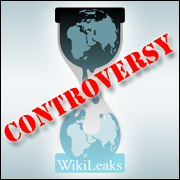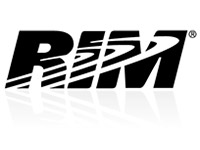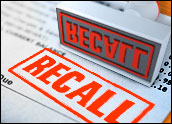
A number of major U.S.-based financial institutions have blockaded payments to Wikileaks, forcing the site to temporarily cease publication. Wikileaks is asking supporters to immediately start donating money through other entities in order to keep the site running. The blockade has cut off 95 percent of its revenue, the group claims.
Companies that have blocked donations include Visa, MasterCard, PayPal, Western Union, Amazon and the Bank of America, according to Wikileaks. The group blames U.S. State Department missives and individual politicians, including Sen. Joe Lieberman, I-Conn.
Donations to Wikileaks can still be made via online merchants, mobile phones, money transfer systems, checks through postal mail, and revenue-generating gifts through PayPal.
Free Speech at Stake
Activists supporting the free exchange of information see the campaign against Wikileaks as an attack on free speech, claiming the government has no authority to shut down Wikileaks because it hasn’t done anything illegal.
“The financial blockade is a free speech issue,” Trevor Timm, activist and blogger for the Electronic Frontier Foundation, told TechNewsWorld. “The government, realizing they couldn’t charge WikiLeaks with a crime for publishing classified information — because all newspapers do that — decided to pressure private companies like Amazon, Visa, and MasterCard into banning WikiLeaks.
The suppression of donations is essentially an end-run around the First Amendment, asserted Timm. “The government is not technically doing the censoring — they’re leaving the dirty work to private corporations — and so there’s no real legal remedy in the United States.”
Too Scared to Donate?
Although the U.S. government has tried to scare government workers into not reading the public documents, Timm said, it’s unlikely that potential donors are retreating due to fear of repercussions.
“When WikiLeaks was able to receive Visa donations for a 24-hour window a few months ago, reports said they received donations in the six figures,” he pointed out. “This says to me that people are willing to donate, but they just do not have the means because of the blockade.
Some of the financial entities involved have attempted to justify their actions by casting Wikileaks as a operating outside the law.
“The most outrageous part about the financial blockade is the companies’ supposed reasoning,” said Timm. Many of them have said the WikiLeaks violated their terms of use because they engaged in ‘illegal’ activity. This is just false.”
Once a couple of key financial institutions caved, they started to fall like dominoes.
“After Joe Lieberman pressured Amazon into dropping WikiLeaks, the other companies seemed to have gotten the message, and they followed suit without researching the law,” said Timm. “WikiLeaks has not been convicted of — or even officially accused of — a crime by the United States. In fact, it’s clear to most First Amendment experts that they’ve done nothing illegal.”
There is a long history of publications releasing classified government documents, including the Pentagon Papers release in the 1960s that revealed the political machinations behind the Vietnam war.
“Mainstream newspapers like The New York Times or the Wall Street Journal print classified information all the time,” said Timm. “It’s been happening for decades, and no one has ever been prosecuted for it.”
Declawing the Beast
The biggest cry from the activist community is that blockading donations violates First Amendment rights.
“You can frame the issue in free speech terms,” Roger Kay, founder and principle of Endpoint Technologies, told TechNewsWorld.
“The issue here is always that those who have a better budget have a better voice — especially here in the United States — so funding matters a lot.
Shutting the donation stream to Wikileaks has had the intended effect of closing the circulation of its hundreds of thousands of classified government documents.
“The United States has orchestrated a clear campaign against Wikileaks, including putting pressure on its funds handlers while characterizing the group in a bad light,” said Kay. “The government has pretty much removed the group’s molars. It may be an organization that has had its day. But there will be others who will come along to put out information people don’t want out there.”





















































